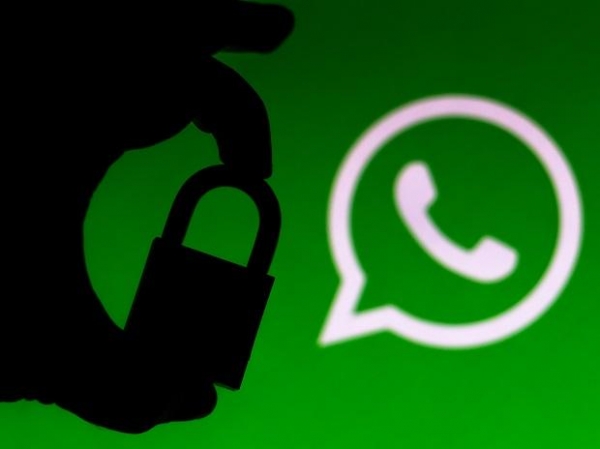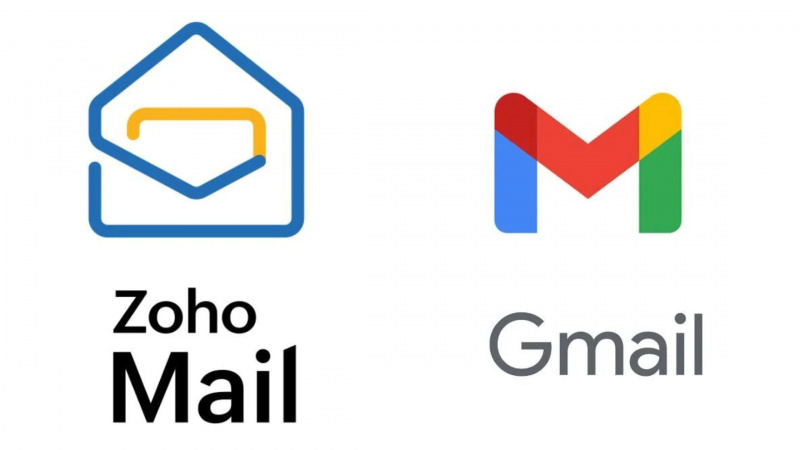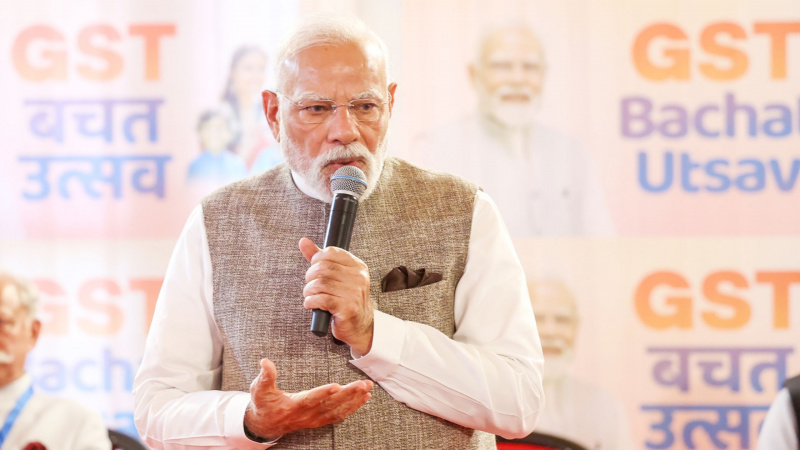WhatsApp says Indian govt exceeded powers with encryption-breaking rule
WhatsApp argued in the 224-page court file dated May 25, which has been seen by Reuters but is not public. The rule established by Modi's Ministry of Informatio
- by Gaurav Grover 2021-05-27 06:10:29
New Delhi: The government of India exceeded its legal powers by enacting rules that companies like WhatsApp say will force them to break end-to-end message encryption, the Facebook-owned messaging app said in a court filing seen by Reuters.
WhatsApp has filed a lawsuit in Delhi Court against the government to quash a provision of a new regulation requiring companies to disclose the "primary originator of the information," arguing in favor of protecting privacy.
In a statement on Wednesday, WhatsApp said it will reach out to the Indian government to find "practical solutions" and protect users, but its court file shows that it has taken a firmer stance against Prime Minister Narendra Modi's administration.
WhatsApp argued in the 224-page court file dated May 25, which has been seen by Reuters but is not public. The rule established by Modi's Ministry of Information Technology would result in a "serious invasion of privacy" and was "unconstitutional"
WhatsApp said the government's new regulations exceed the regulatory powers under Indian law, adding it is a firm point that only Parliament, not the federal government, can take on essential legislative functions.

"To fulfill the requirements of legality, there must be a law in place that permits the breach of privacy," said the WhatsApp petition signed by his lawyer, Brian Hennessy.
The Modi government said in a statement that the rules were in compliance with the country's law and that the WhatsApp submission was "unfortunate."
The demand for WhatsApp is intensifying the growing battle between the Modi government and tech giants including Facebook and Alphabet, the parent company of Google and Twitter, in one of the major global growth markets.
The intersection of big tech, democratic values , and government control will ultimately determine the fate of social media in India, ”said Kaushik Moitra, partner at Indian law firm Bharucha & Partners.
In a sign of tension with social media companies, Indian police visited Twitter offices this week. The microblogging service had classified the posts of the ruling party spokesman in India and others as containing " manipulated media" after complaints that some of the content was fake.
New Delhi has also put pressure on technology companies to remove what it called misinformation about the Covid-19 pandemic sweeping India and some criticism of the government's response to the crisis, which is claiming thousands of lives every day.
WhatsApp, which regards India as its largest market with over 500 million users, has not commented on the court file. The condition will likely be known in the next few days.
An Indian government source told Reuters on Wednesday that WhatsApp may find a way to track down the creators of disinformation without breaking the encryption. The WhatsApp file shows the court that he disagrees, saying it is not possible.
The US company urged the court to classify the new base as illegal and also said it was not aware of any other country that might force companies like WhatsApp to change their systems in order to determine the source of the message.
He said revealing a content creator could put reporters investigating unpopular topics, or activists advocating for certain policies, at risk of a backlash.
WhatsApp said in its filing, "( The rule) violates the fundamental right to freedom of speech and expression, as it chills even lawful speech.
Source: Reuters
Also Read: 5 Best Mutual Fund SIP Plans To Invest In 2021 For Beginners
POPULAR POSTS
The Agentic Revolution: Why Salesforce Is Betting Its Future on AI Agents
by Shan, 2025-11-05 10:29:23
OpenAI Offers ChatGPT Go Free in India: What’s Behind This Big AI Giveaway?
by Shan, 2025-10-28 12:19:11
Zoho Products: Complete List, Launch Years, and What Each One Does
by Shan, 2025-10-13 12:11:43
Arattai vs WhatsApp: Which Messaging App Should You Choose in 2025?
by Shan, 2025-10-10 11:55:06
Top Buy Now Pay Later (BNPL) Apps for Easy Shopping in 2025
by Shan, 2025-09-22 10:56:23
iPhone 17 Sale in India Begins: Full Price List, Launch Offers and Store Availability
by Shan, 2025-09-19 12:00:45
Apple September 2025 Event Recap: iPhone 17, iPhone Air, Apple Watch Series 11, and India Pricing Revealed
by Shan, 2025-09-10 09:55:45
RECENTLY PUBLISHED

Loan EMIs to Drop as RBI Slashes Repo Rate - Full MPC December 2025 Highlights
- by Shan, 2025-12-05 11:49:44

Pine Labs IPO 2025: Listing Date, Grey Market Premium, and Expert Outlook
- by Shan, 2025-11-05 09:57:07

Top 10 Insurance Companies in India 2026: Life, Health, and General Insurance Leaders Explained
- by Shan, 2025-10-30 10:06:42

Best Silver Investment Platforms for 2025: From CFDs to Digital Vaults Explained
- by Shan, 2025-10-23 12:22:46

Zoho Mail vs Gmail (2025): Which Email Platform Is Best for Businesses, Startups, and Students?
- by Shan, 2025-10-09 12:17:26

PM Modi Launches GST Bachat Utsav: Lower Taxes, More Savings for Every Indian Household
- by Shan, 2025-09-24 12:20:59




 Subscribe now
Subscribe now 